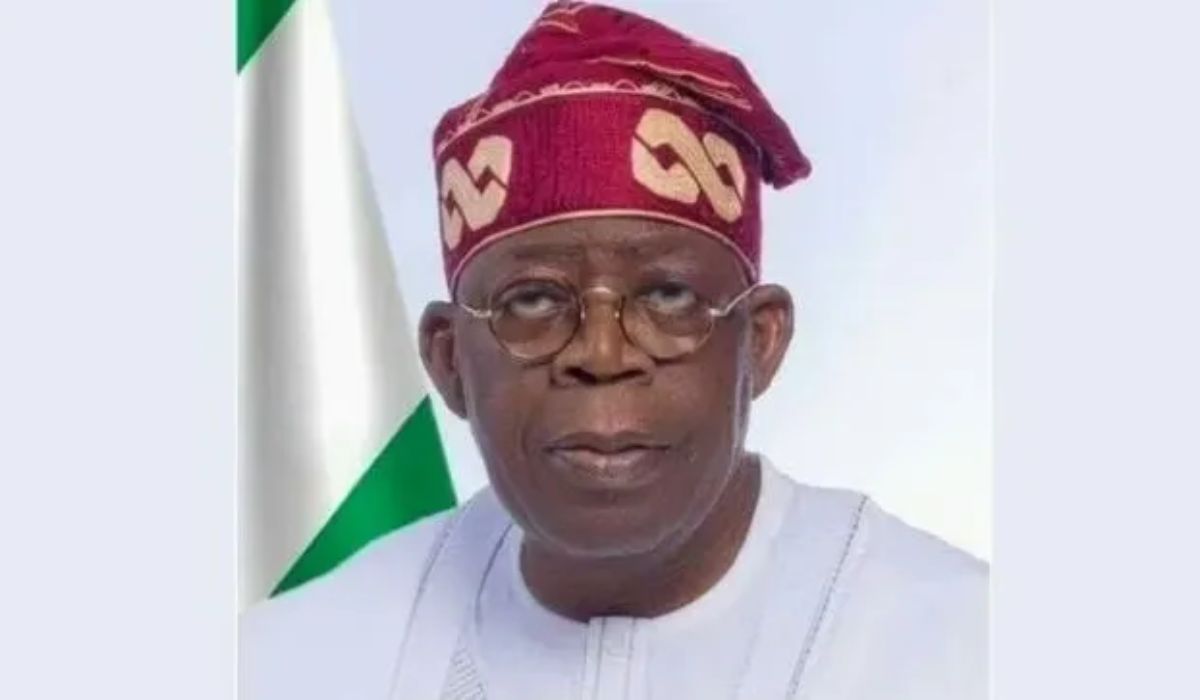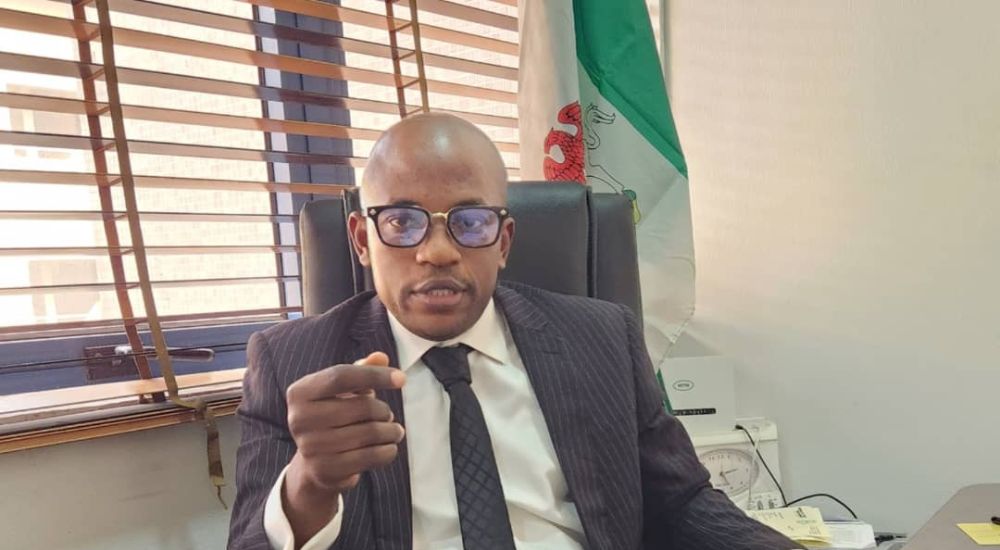Tinubu Withholds Assent to NDLEA Amendment Bill 2025 Despite NASS Approval

President Bola Tinubu has declined to assent to the National Drug Law Enforcement Agency (NDLEA) Amendment Bill, 2025, despite its passage by the National Assembly.
House Speaker Tajudeen Abbas informed the House of Representatives of the President’s decision during Thursday’s legislative session.
The rejected legislation sought to authorize the NDLEA to retain a portion of proceeds from drug-related criminal activities—a significant departure from current legal procedures governing such funds.
President Tinubu cited Section 58, Subsection 4 of the 1999 Constitution in rejecting the bill, stating that its provisions conflict with constitutional requirements.
The President emphasized that existing legislation mandates that all criminal proceeds be deposited into the Confiscated and Forfeited Properties Account. He noted that disbursement of such funds to enforcement agencies requires presidential approval, along with authorization from both the Federal Executive Council and the National Assembly.
The proposed NDLEA Amendment Bill, 2025, aimed to fundamentally alter Nigeria’s approach to managing the proceeds of drug-related crimes by introducing a new provision—Section 46(4)—which states: “the agency shall retain a portion of the proceeds of crime” obtained through anti-narcotics operations.
This provision would have allowed the NDLEA to directly access seized assets, providing immediate operational funding.
Under current protocols, all proceeds from drug-related crimes are funneled into the centrally managed Confiscated and Forfeited Properties Account. Disbursement from this account involves a thorough review by the Presidency, the Federal Executive Council, and the National Assembly. While this process ensures oversight and legal compliance, it also introduces administrative delays that hinder the NDLEA’s access to operational funds.
The proposed amendment sought to address these challenges by allowing the agency to utilize recovered proceeds directly, thereby reducing its reliance on constrained budget allocations and treasury releases.
Supporters of the bill argued that the change would improve the NDLEA’s financial autonomy, strengthen rapid-response capabilities, and enhance operational efficiency.
However, critics raised concerns that permitting the agency to retain seized assets could undermine existing transparency and accountability frameworks. They cautioned that bypassing executive and legislative oversight might open the door to potential misuse and weaken institutional safeguards.
In essence, the bill represented a targeted reform effort to enhance NDLEA operations but raised significant questions around governance, legal compliance, and fiscal accountability.





